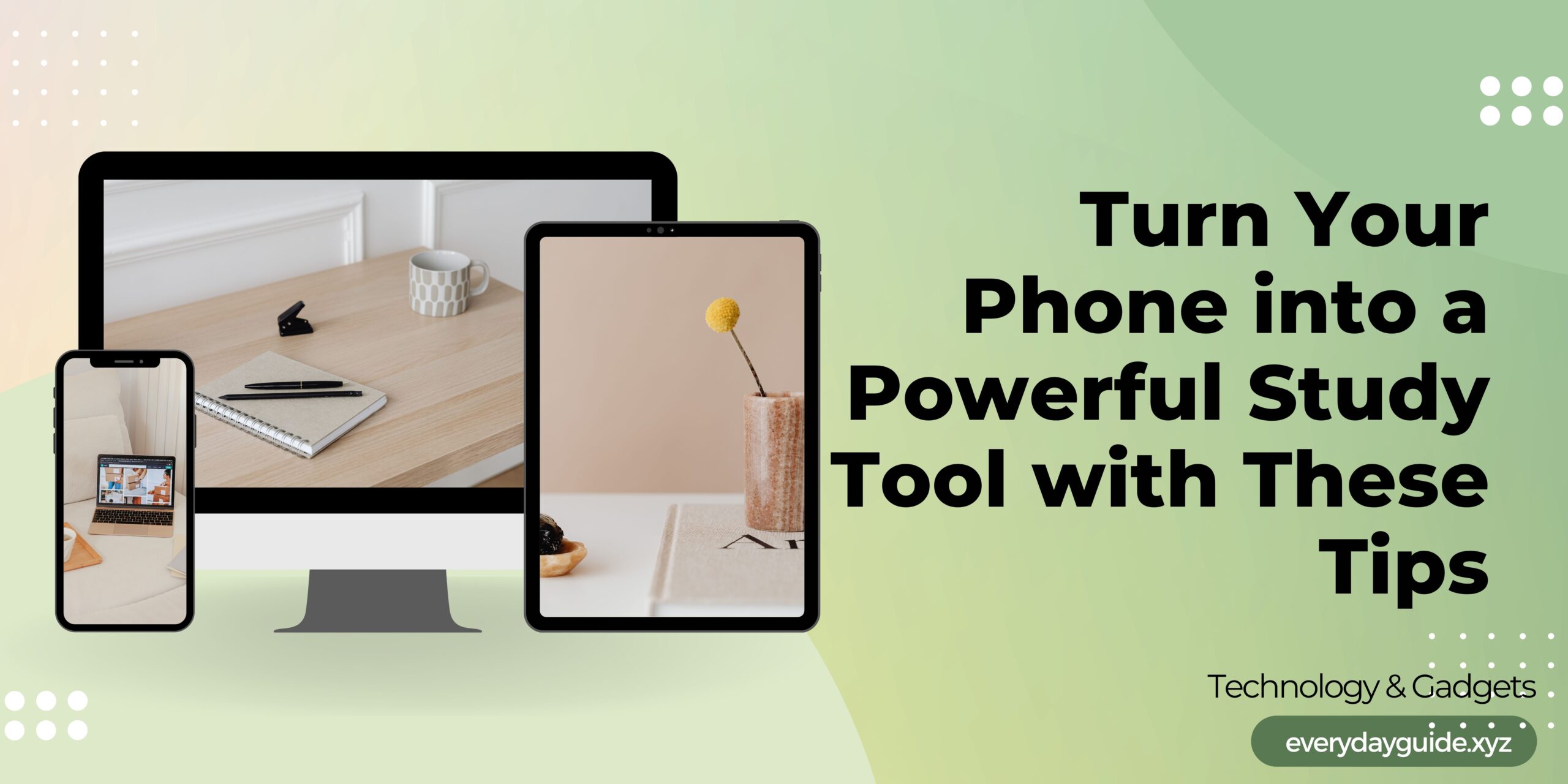In this age of digitalisation, smartphones are so ubiquitous that we tend to overlook their power as a study tool. This extensive guide will take you through creative hacks to supercharge your phone and make it an irreplaceable academic assistant. From the latest apps to smart productivity hacks, we’re going through tons of strategies that could change how you study in the era of handheld computing. Stick with these tips and bring your smartphone to its ultimate use, and ultimately for good — acquiring knowledge, enhancing learning experience or higher academic performance! This way, you will no longer be constrained by room capacity and can open up the entire world of education at your fingertips.
Educational Apps At Its Best: Your Digital Study Companions
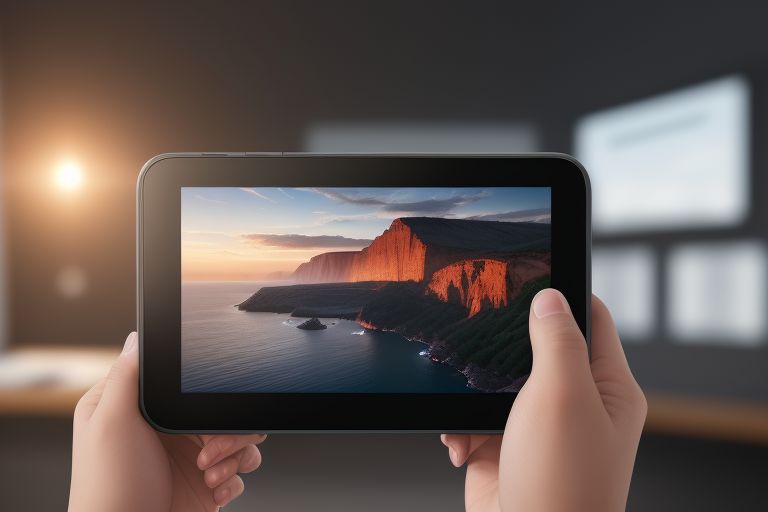
The app ecosystem is full of education aids that promise to make your experience even better than it already is. Whether they are providing practice problems, or even a human to talk to about your more difficult concepts, these digital companions can change the way that you study. So, all that specific to you having the most important things created by using certain apps which creates a personalized learning environment fitting just right for how you best learn/oauth2.
The fast feedback and adaptive learning experiences that educational apps offer are one of the significant benefits. Advanced algorithms allow apps to adapt the difficulty as well as the content of lessons, keeping you always on your toes with just the right balance. This specific approach will not only keep candidates engaged and understanding well, but will also make studying efficient for them.
Time Management Mastery: From Your Phone to a Productivity Powerhouse
Smartphones are often the poster-child for distraction and procrastination by flipping that around we could get them to be catalysts in improving our poor time-management. In fact, if you use your phone the right way and have access to a set of study apps, then the best thing you can do is forget about 2021 and simply focus on cramming in as much knowledge as possible.
Time management apps (like some of those listed earlier) provide customisable schedules, reminders and progress trackers to help you stay on track with your academic responsibilities. They often utilize strategies like the Pomodoro technique to segment study periods into intense intervals peppered with brief respites, to help stave off burnout and maintain focus. With these tools, your phone shifts from being a distractor to something that is going to fine-tune your approach and sculpt in a way that you can have power at better studying habits.
Time Management Apps Every Student Needs
Forest is a one-of-a-kind app that will incentivize you to concentrate during your study sessions: similar to a game, when you start working on an assignment the app allows you plant virtual trees. Exit the app to check your socials or anything else, and your tree wilts — a simple visual cue to remind you to stay on task.
Trello and task boards like it: a good resource for studying, booking group projects and deadlines as you can have task lists or vertical columns organising your workload.
RescueTime (time tracking for your apps and websites)Prosautomatically logs your activitiesaccompanies insights into how much time you waste….
MyStudyLife: An all-purpose planner built with students in mind — keep track of classes, assignments, and exams all in one spot.
Focus@Will: Focus @ Will has scientifically composed music that can help increase productivity while you are working or studying.
Also Read More:
- 7 Simple Tricks to Save on Your Next Family Vacation
 Family vacations don’t have to be extravagantly expensive; However, with the proper planning and a few simple hacks you can have an amazing trip on a budget. Household budgets aside, vacations are one of those luxuries in life that create memories… Read more: 7 Simple Tricks to Save on Your Next Family Vacation
Family vacations don’t have to be extravagantly expensive; However, with the proper planning and a few simple hacks you can have an amazing trip on a budget. Household budgets aside, vacations are one of those luxuries in life that create memories… Read more: 7 Simple Tricks to Save on Your Next Family Vacation - How to Organize Your Pantry with Household Items
 Nonetheless, a properly arranged pantry can change your life every single day and you do not have to invest in many expensive organizing solutions for that. Household organization and pantry organization are both budget friendly, and while there are some items… Read more: How to Organize Your Pantry with Household Items
Nonetheless, a properly arranged pantry can change your life every single day and you do not have to invest in many expensive organizing solutions for that. Household organization and pantry organization are both budget friendly, and while there are some items… Read more: How to Organize Your Pantry with Household Items - 5 Easy Ways to Make Your Pantry Look Bigger
 Is your pantry size cramping your style faster than it is clinging up? In an organized kitchen, pantry space is maximized. Today I am sharing [5 easy and affordable tips] to make your pantry look bigger so you can maximize the… Read more: 5 Easy Ways to Make Your Pantry Look Bigger
Is your pantry size cramping your style faster than it is clinging up? In an organized kitchen, pantry space is maximized. Today I am sharing [5 easy and affordable tips] to make your pantry look bigger so you can maximize the… Read more: 5 Easy Ways to Make Your Pantry Look Bigger - How to Keep Your Pantry Tidy with Kids Around
 Trying to keep your pantry organized with kids in the house is NOT an easy feat. From cluttered snack attacks and spilled ingredients to your little ones grabbing for food, your kitchen is hardly in order. There are ways, though, to… Read more: How to Keep Your Pantry Tidy with Kids Around
Trying to keep your pantry organized with kids in the house is NOT an easy feat. From cluttered snack attacks and spilled ingredients to your little ones grabbing for food, your kitchen is hardly in order. There are ways, though, to… Read more: How to Keep Your Pantry Tidy with Kids Around - 6 Smart Shelving Ideas for a Clutter-Free Pantry
 It might be tough to find what you need, but with [smart shelving ideas for a clutter-free pantry] you can cut this turnover in half and make meal prep much more organized. A well-ordered pantry not only saves time, but will… Read more: 6 Smart Shelving Ideas for a Clutter-Free Pantry
It might be tough to find what you need, but with [smart shelving ideas for a clutter-free pantry] you can cut this turnover in half and make meal prep much more organized. A well-ordered pantry not only saves time, but will… Read more: 6 Smart Shelving Ideas for a Clutter-Free Pantry
Here’s a list of tips to turn your phone into a powerful study tool:
1. Use Educational Apps
- Download apps like Quizlet, Duolingo, or Khan Academy to help you study on the go. These apps provide interactive learning experiences and personalized content.
2. Set Timers for Focused Study Sessions
- Use the timer or a productivity app (like Pomodoro) to break your study time into focused intervals. This helps improve concentration and makes study sessions more effective.
3. Organize with Digital Planners and Calendars
- Use calendar apps (like Google Calendar or Microsoft Outlook) to schedule study time, set reminders for assignments, and stay on top of deadlines.
4. Turn on Do Not Disturb Mode
- Avoid distractions by using your phone’s “Do Not Disturb” or “Focus” mode during study sessions. This ensures you can concentrate without interruptions from calls or notifications.
5. Record Lectures or Notes
- Use your phone’s voice recording feature to capture lectures or key ideas from discussions. Listening back to recordings can reinforce learning and help with revision.
6. Use Flashcard Apps
- Download flashcard apps like Anki or Cram to create and study digital flashcards. These apps use spaced repetition, which improves memory retention over time.
7. Take Advantage of Cloud Storage
- Store important notes, presentations, and documents in cloud storage apps like Google Drive, Dropbox, or OneDrive, so you can access your study materials from anywhere.
8. Read E-Books and PDFs
- Use apps like Kindle or Adobe Acrobat Reader to read textbooks, research papers, and notes in PDF or e-book format on your phone. This makes studying easier while commuting or during free moments.
9. Watch Educational Videos
- Watch tutorials, lectures, and study videos on platforms like YouTube or TED. Many educational channels break down complex topics into easy-to-understand formats.
10. Turn Your Phone into a Study Quiz
- Use quiz apps or create your own quizzes with platforms like Kahoot to test your knowledge. Regular quizzing helps reinforce what you’ve learned and highlights areas for improvement.
By using these tips, you can transform your phone into a powerful study tool that enhances productivity and learning, wherever you are!
Time Management Fundamentals
Get maximum of these apps and improve your productivity:
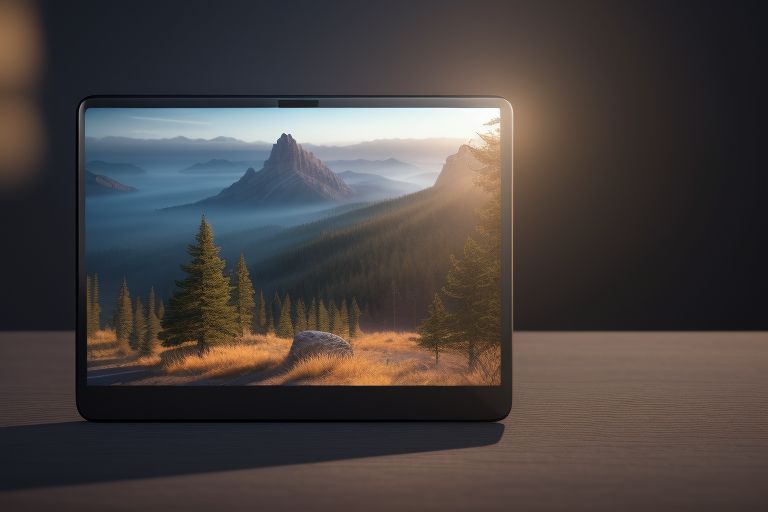
Smart goals: You have the note-taking app in your phone… make some “SMART” Specific, Measurable, Achievable, Relevant Time-Bound goals for studying.
Long-Term Planning — Use calendar apps to plan your semester: map your exam dates, project deadlines, and set milestones.
Get organized with digital to-do lists: Use apps like Todoist or Any.do for creating order among tasks and breaking up any large projects into small so they seem less overwhelming. do.
Set reminders: Remind yourself for days before when deadlines approach, when your study sessions are (or should be) and also if you can will power enough, maybe a small reminder once per 2 hours to stay motivated.
Monitoring : Use sorts of whacking shaving apps to track your support learning consistency and process achievements on a weekly groundwork.
Mobile Collaborative Learning In Action – Collaborate Anytime
Another fantastic aspect of learning with your phone is the power to learn wherever and whenever. M-learning (mobile learning)can help you utilize even the smallest pockets of time throughout your day. No matter where you are, hour queuing, commuting or having a breather, the mobile gives immediate access to valuable educational content.
There are various ways using which you can derive the maximum from mobile learning.
Microlearning: Take big ideas and divide them into smaller, bite-sized pieces that can be consumed in short bursts.
Learn from podcasts: Listen to some of themed educational podcasts which belong to your major on the way or during housework.
Video courses — You can also find various small and informative video classes on YouTube or Khan Academy to back concept clarity in the room.
Flashcards: Review flash cards of important information in Anki or Quizlet during idle moments.
E-books and articles: Download a few good e-books, or keep some relevant reading material on your phone for when you have unexpected free time.
You can include these mobile learning strategies into your day and you will cover a lot more and not feel for the pace of the study. Its all about turning your phone into a source of eternal learning and growth by integrating the same- each day with you life.
Using Social Media for Academic Success: Distraction vs Learning
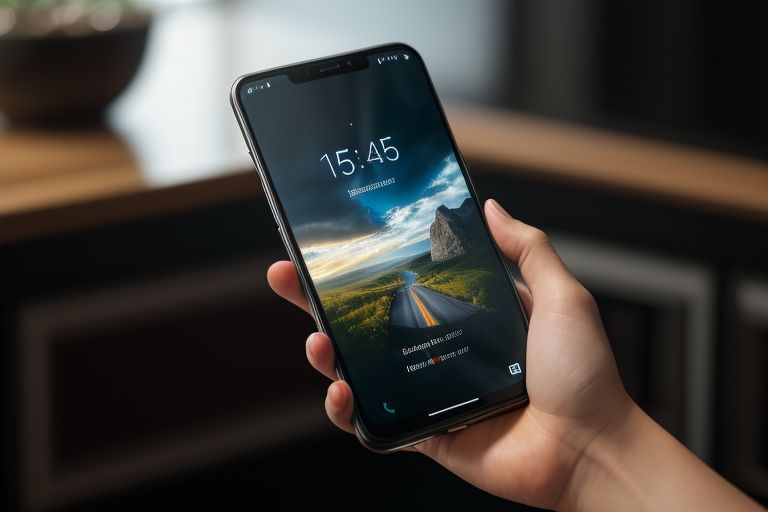
Social media is typically considered the big no-no when it comes studying, however used correctly it can add a whole other dimension to your learning. You can prioritize your train of thought even on social media and use these platforms to engage with content that is helpful instead of propagating negativity, even posting about good things happening in the world or sharing educational resources.
Tweet ThisTweet Here is a look at how you can make the best use of social media tweets as part of your studies.
II- Follow some account teaching: Look for account professors, colleges, and social science community in the line of sight.
Study groups: Take part in subject-specific groups or communities on social media networks like Facebook or Reddit, to communicate with your friends and avail resources.
Hashtags: Follow and assign ambitious relevant hashtags that allow you to find fresh content, engage in an ongoing dialogue about your areas of study
Establish Studious Accounts — Maybe you want to set up an Instagram account where all you ever post about is school work
Join academic Twitter chats: Join timed chats on Twitter around specific academic topics or fields.
Approaching social media from a learning and teaching paradigm can convert what many believe to be a distraction into a transformative educational technology skillset in your practice.
Apps for Download! Boost Your Note-Taking and Get Organised with These:
No more frantic note-taking during lectures or quickly deciphering hastily written reminders. Your smartphone is a great resource for taking, saving, and going back to information from different sources. There are plenty of note-taking apps out there and you should utilize them to your advantage to develop a system that works best for your learning needs.
Here are some of the ways you can get the most from your digital note-taking.
Multimedia notes: Take your notes to the next level by adding pictures, audio recordings, and even video clips.
Go Digital and use the Cornell Method: Use note-taking apps that enable you to create templates which resemble this practical note-taking system.
Enable cloud synchronization: Back up your notes and have them synced through all your devices to give you a smooth study experience.
Generate a mental map : This process can be done with several tools and applications like MindMeister, the application for SimpleMind (front and back) that we mention in the post of iOS productivity.
Start using tagging systems: Tag your notes or snippets with keywords and organize them for easier retrieval (or as a part of a cross-referencing strategy)
Again, by using these techniques notes can be taken in a far more systematic and retrievable fashion leading to improved efficiency of review and ultimately retention.
Best Note Taking Apps for Students
A note-taking app with organization features and cross-platform syncEvernote
Microsoft’s own solution with a flexible canvas for different types of notes and good multimedia integration.
Notion: An all-in-one workspace that combines notes, task, and databases for seamless organization.
GoodNotes : A top pick for iPad users with stellar handwriting recognition and PDF annotation.
Otter. ai(Real-time transcription app using AI:Suitable for recording/ summarizing of lectures)
The Differences Between Beginner and Advanced Note-Taking Techniques
So, in order to level up your digital note-taking game, you have got to use those techniques mentioned above.
Sketchnoting: Use text and basic sketches to create dynamic, visual notes that improve your ability to remember what you learned.
Interleaving: Combine your notes with other subjects or topics to increase long-term retention and comprehension.
Spaced repetition: Review your notes, preferably on apps which use spaced repetition algorithm, thus helping you retain what you learn for a longer duration.
Cloud-based apps to share and co-edit notes with classmates for more all-inclusive study material
Use voice-to-text: Your phone has a built-in dictation feature, take advantage of that or download one of the many apps that let you capture your thoughts quickly instead of typing.
Focus On the Task At Hand and Reduce Distractions (A Step-by-Step Guide) — How To Turn Your Phone Into a Concentration Companion
Smartphones are considered as the primary source of distraction but could also help to increase your level of focus and concentration. In this article, we will consider how with the help of certain applications and their respective settings, you can use your device as a protective tool — fostering it to provide a flawless zone for deep-explained study sessions.
Check out our tips to make use of your phone as well, whilst championing concentration:
Focus timer apps: Use methods such as the Pomodoro Technique to schedule your study time and keep you focused.
Do Not Disturb mode: Use this to include only indispensable notifications while studying.
6) Use website and app blockers – Try apps like this that will block websites and applications temporarily during study times.
Set up a new study profile: For anyone using a phone which has the ability to set up separate user profiles, use one for your study needs with only required apps on it.
Enable grayscale mode: If you want to make your device less visually appealing for distracting apps, you can temporarily switch your display to black and white.
Utilize these techniques to put your smartphone to work for you in a concentration-heavy academic session.
Apps to help students concentrate
Forest : Plants virtual trees to avoid distractions during working such as when we are studying
Brain. fm: It gives AI-generated music that helps the user to get into focus and be more productive.
Flipd: A “light lock” to keep you from using your phone, with support for group accountability (iOS only).
Cold Turkey — An even stricter option that will block the apps and websites you find most distracting for lengths of time, with no possibility to break the block prematurely.
How to Make Your Phone Environment Distraction Free
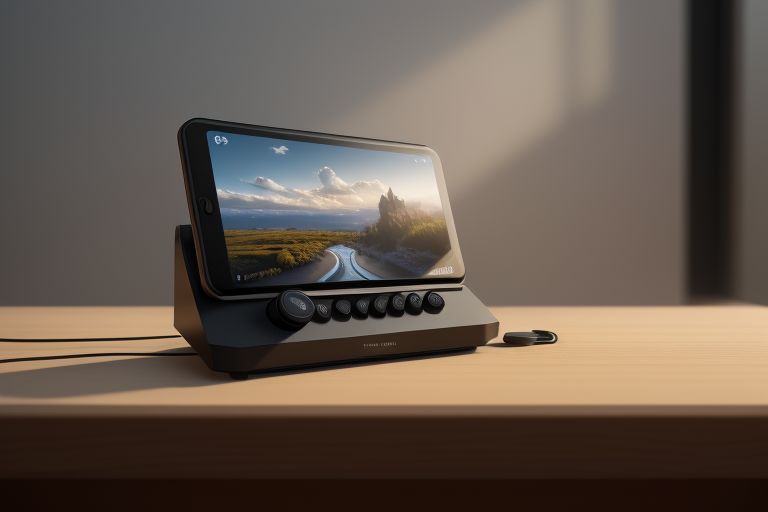
And to get your phone ready for a distraction-free study session, try this final advice:
Create categories: Place study apps on the front screen, where you can easily see them, and other distracting apps in folders or second screens.
Set app timers: Most phones now have in-built capability to restrict usage of specific apps daily.
Different notifications: You can tailor your notification preferences to suit quiet study hours.
Use Meditation or Mindfullness Apps: Through the use of meditation or mindfullness apps, you can increase your entire focus and concentrating power.
Compile genre-specific playlists: Make a collection of instrumental or ambient music you play when you want to concentrate and link it with study hours.
Using Your Phone to Study in Groups and Recieve Peer Support
Collaborative learning is incredibly powerful, since it taps into the collective outputs from various springs of learning — in this case, you are the central hub to get connected with your peers learnings, study groups and academic support all without using phone. You can design a virtual study environment that is just as good if not better than IRL group sessions using communication and collaboration tools.
Here is how you can deploy your Phones for better collaborative learning.
Study groups: Hold or join remote study sessions with classmates using video conferencing apps.
Cloud-based document editing tools, that allow you to work in groups or share notes on projects.
Create quick reply communication using messaging: Use messaging apps to establish subject-specific chat groups for sharing quick question and answer.
One place to share calendars and task lists: Use shared planning tools in Wrike to plan group study sessions and project deadlines.
These apps are used by peer tutoring platforms where can either find tutors or you connect and tutor yourself.
Through embracement of such tools you can experience diverse perspectives, and learn from peer support network which far extends the physical network that you have.
The Best Virtual Collaboration Apps
Zoom: A high-quality video conferencing tool for screen sharing, and breakout rooms.
Slack: This platform could be great for creating channels from different subjects and/or study groups to keep communication clean and file sharing easy.
Microsoft Teams – A full-fledged service via which users can make video calls, share files and work on a project collaboratively.
This blog have a list of Public Discord Servers(student) which will be helpful to your in cracking the gate exam, they are popular for voice chatExercise groupo and subject specilized servers, here is a public server of discord in different field.
Quizlet now: Transform practice sessions into interactive study games and team competitions.
HARNESSING THE POWER OF VIRTUAL COLLABORATION
Here are some ways to best aid in a successful virtual collaborative learning:
Define Participation and the Learning Agreement: Creating benchmarks for your study group will not only smooth out technical problems, it also establishes a set of expectations between you and other participants.
Shared whiteboards: This is the best way to brainstorm and provide visual explanations in a group session, use any digital white board apps.
Teach others: The best way of reinforcing your own understanding is to explain it to someone else.
Designate a Virtual Study Area: Use ambient noise apps or collaborative playlists to help establish a concentrated environment for group study time.
Save social accountability to your advantage: Employ group study goals through apps like StickK or Beeminder where everyone is held accountable.
With these strategies of collaborative learning, you will be able to form a very rich vibrant study environment in which the individual study seems to be limited.
With everything said and done, you can change your learning experience by using your smartphone to its full potential as an effective study structure. Whether it is powerful educational apps or time management tricks, better note taking and collaborative studying experience, your phone could be one of the indispensable partners in your academic journey. Note that the secret of effective studying is not just acquiring all these tools but consistently using them for your own study profile and needs. This way, your phone can act like a powerful study weapon in your academic weapons ling helping you succeed in education and keep at the top of all subjects as long as there is dedication from your end.

